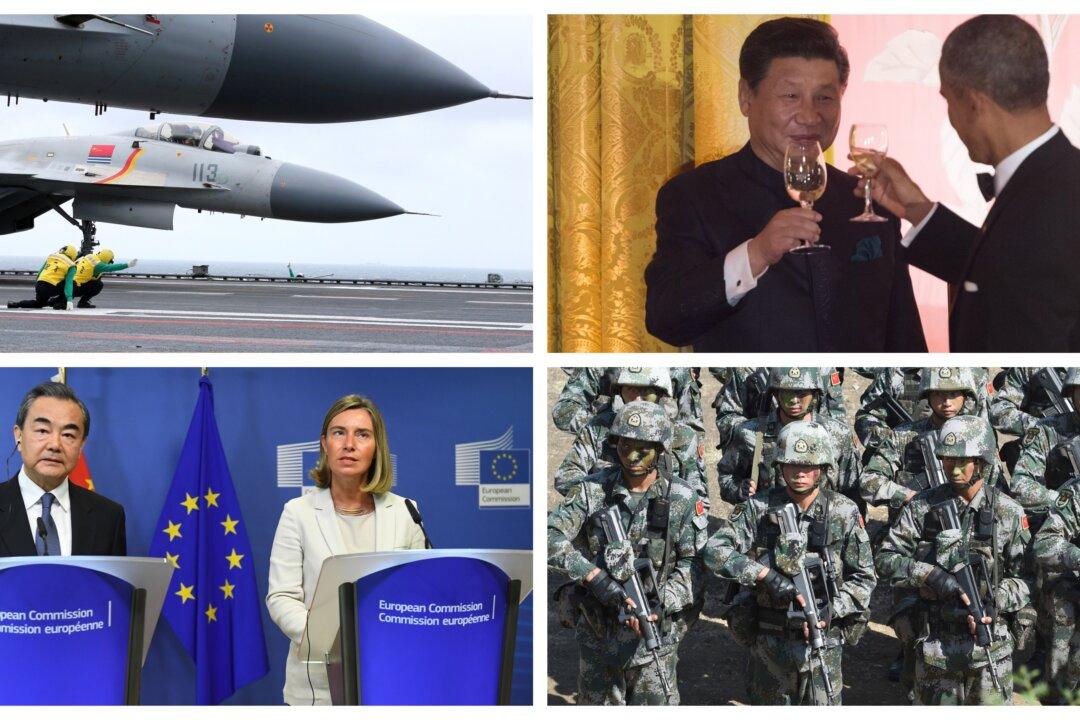ST. CATHARINES, Ontario—What is the No. 1 failure of Western foreign policy? Up until a few years ago, many would have said it was the failure to stop the rise of Hitler’s Third Reich in Germany in the 1930s, says American author Gordon Chang. But now, Chang says, there is a new contender for the top spot: the inability of the West to moderate the behaviour of communist China.
“It’s now time for we in the West to acknowledge mistakes and to end self-delusion,” said Chang, a frequent China commentator and author of the book “The Coming Collapse of China,” in a talk at Brock University in southern Ontario.





